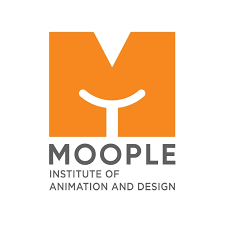Godzilla was one of the greatest blockbusters when it released and for more than sixty years it has remained the favorite to so many people. Becoming the worldwide icon and devastating cities whole, Godzilla became an iconic figure.
The beginning
The first Godzilla movie came in 1954 and back then the director made a man dressed in rubber suit stomp miniatures to get the effects. There were some special effects involved but that was nothing compared to the quality of technology used in CGI nowadays.
The suit actor Haruo Nakajima had put on a very suit that weighed almost 200 pounds. A lot of the scenes were also hand animated and still loved by the people.
What changed in 1998?
The question should better be what didn’t change in 1998. The Godzilla that we saw in 1998 was an introduction to modern day CGI and visual effects. Breaking away from miniatures and dummies it was time to experience real life digital Godzilla that could terrify the citizens of New York.
The animation and VFX of Godzilla in 1998 broke away the pattern of rubber suits that miniatures. Showing such a giant lizard walking in and around the city landscapes took huge leaps in terms of the film franchise.
The 1998 version tells us that Godzilla has entered the era of visual effects and animation. A large number of people got inclined towards animation and VFX courses after this film.
The jump in 2014 and then 2017
To be very subtle, let’s establish that Godzilla is nothing but a product of visual effects. In mid-90s VFX became a must in the post-production of almost every film that was made. That is when Gareth Edwards picked up his creative helmet and made this VFX miracle.
For the 2014 film, the VFX team included MPC (The Moving Picture Company) which was the lead studio. VFX Supervisor was Guillaume Rocheron and the VFX producer was Philip Greenlow. Rocheron had earlier bagged an Academy Award for VFX in Life of Pi.
How can you benefit from VFX?
When you join Hi-Tech’s VFX training in Kolkata the art will be taught you in steps and modules. Our course is perfectly industry-oriented making it easy on your part to learn. The growth of VFX industry has led to great demands in the job sector.
Once you are trained in visual effects there is number of job options that you can try for and become successful.

